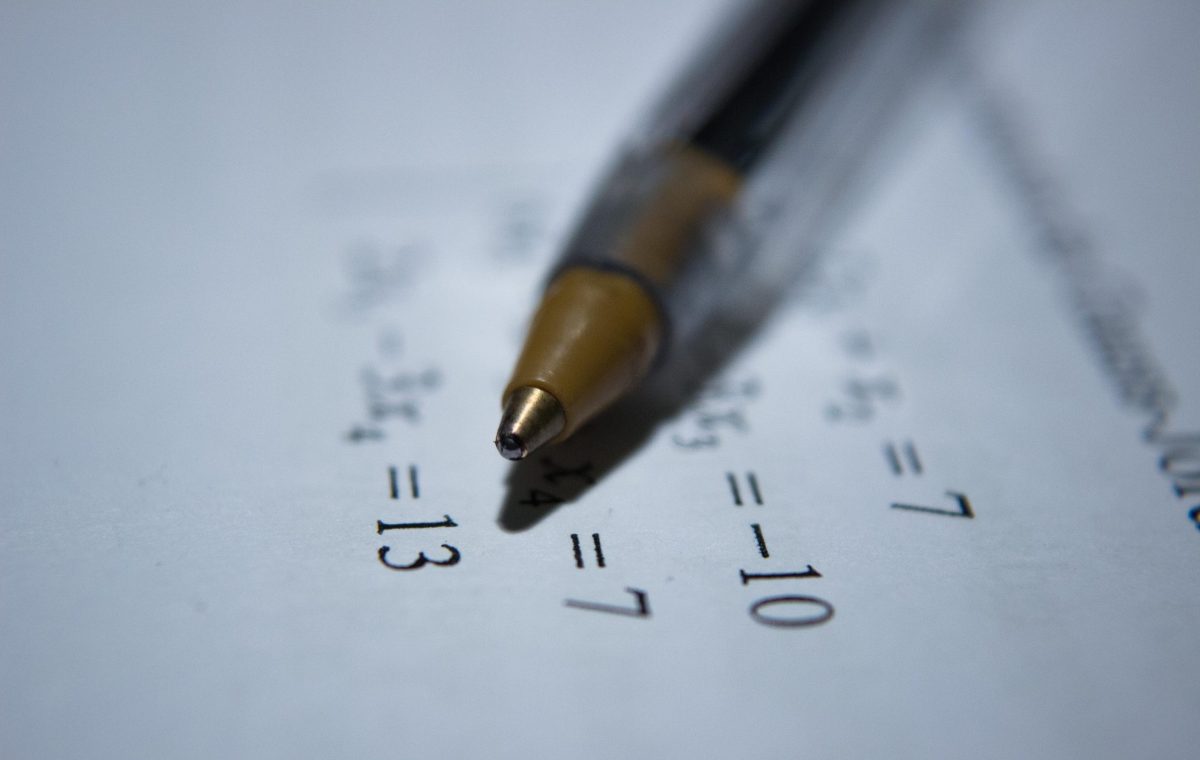A record number of students are failing to reach college-readiness benchmarks. The data, from testing giant ACT, come as scores fall for the sixth straight year.
ACT’s college-readiness benchmarks aim to predict student preparedness by setting scoring standards commensurate with a reasonable degree of success in college courses. ACT claims that students meeting the benchmark for a particular subject on its flagship test have a 50-percent chance of attaining a B and a 75-percent chance of attaining a C in the corresponding college class. However, a record number of students are failing to meet any of the ACT’s benchmarks.
43 percent of the class of 2023 failed to meet any ACT college-readiness benchmarks, and only 21 percent met all four (English, math, reading, and science). This marks a nearly five-percent decrease from last year, when 22 percent of students met all four benchmarks. Given that nearly two million students take the exam each year, thousands of high schoolers have likely fallen below rudimentary college-readiness standards compared to last year.
The trend of falling ACT scores and rapidly ascending GPAs illustrates the need for an about-face.Higher Ed Dive reported that students in the class of 2023, with their record-setting underpreparedness as assessed by the ACT, “were in their first year of high school when the Covid-19 pandemic began.” This connection points to the likely fact that Covid-era policies and instruction loss have left a lasting impact on high schoolers’ college readiness.
A report by the Center for School and Student Progress found that after the 2023 school year, “across all grade levels, the average student will require the equivalent of 4.1 months of additional schooling to catch up to pre-Covid levels in reading and 4.5 months in math.” However, the authors indicate that catching students up is more complex than tacking on a few extra months of instruction. Since much K-12 course material is cumulative, the loss of learning during the pandemic created a compounding effect, leading the gap between the pre-Covid cohort and current students to widen as the latter progressed through school.
This loss of learning will undoubtedly impact students negatively as they transition from high school to college. While students’ ACT scores may indicate a lack of preparedness, many colleges will never see those test results, relying instead on inflated GPAs and “holistic” criteria to select those whom they admit. 80 percent of U.S. colleges did not require ACT or SAT scores for fall 2023 admissions. In predicting a “coming wave of freshman failure,” Daniel Buck notes that high-school students have increasingly been awarded grades incommensurate with their mastery of course content. For example, he writes that “in Los Angeles, where 73 percent of eleventh graders received an A, B, or C in math, only 19 percent actually met grade-level standards.” Other subjects display similarly worrisome trends.
Colleges may be setting students up for failure in a manner much akin to the mismatches generated by race-conscious admissions. Evaluating students based on characteristics with little bearing on academic merit (as GPAs are increasingly becoming) generates inflated assessments of students’ competency and places them in programs for which they may not be prepared. The problem then compounds as students are unable to gain traction in college courses. Were students placed in programs in accordance with their demonstrated mastery of core subjects, with remedial classes provided in weaker areas, they would be more likely to gain a sure footing and reap the benefits of higher education.
The naiveté of pandemic-era school shutdowns and the inadequacies of online learning manifest clearly in college-readiness data. The trend of falling ACT scores and rapidly ascending GPAs illustrates the need for an about-face where requiring standardized test scores is concerned. Serious higher-education institutions must ensure that their students are prepared for success in the requisite subjects, and they must rely on standardized test scores to discriminate fairly between applicants from schools with varying degrees of grade inflation. The continuation of test-optional policies will only harm students and the universities admitting them.
Harrington Shaw is an intern at the James G. Martin Center for Academic Renewal and a senior studying economics and philosophy at UNC-Chapel Hill.

